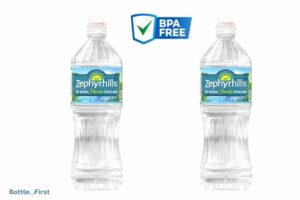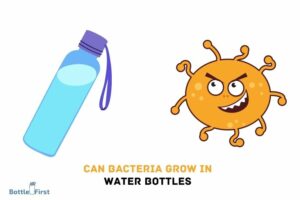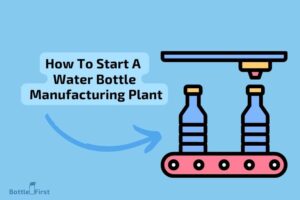Where Can I Donate Water Bottle Caps? Recycling Centers!
To donate water bottle caps, search for local recycling centers, non-profit organizations, educational institutions, and creative reuse centers.
Additionally, certain environmental campaigns and community projects might accept these caps to support recycling and charitable efforts.
Water bottle caps are often made from high-density polyethylene (HDPE) or polypropylene (PP), both recyclable materials.
Here’s a brief guide on where you can donate them:
For example, some schools participate in programs where they collect caps to exchange for resources or funds.
Before donating, ensure the caps are clean to avoid contamination. Your small act of donating water bottle caps can contribute significantly to environmental conservation and community projects.
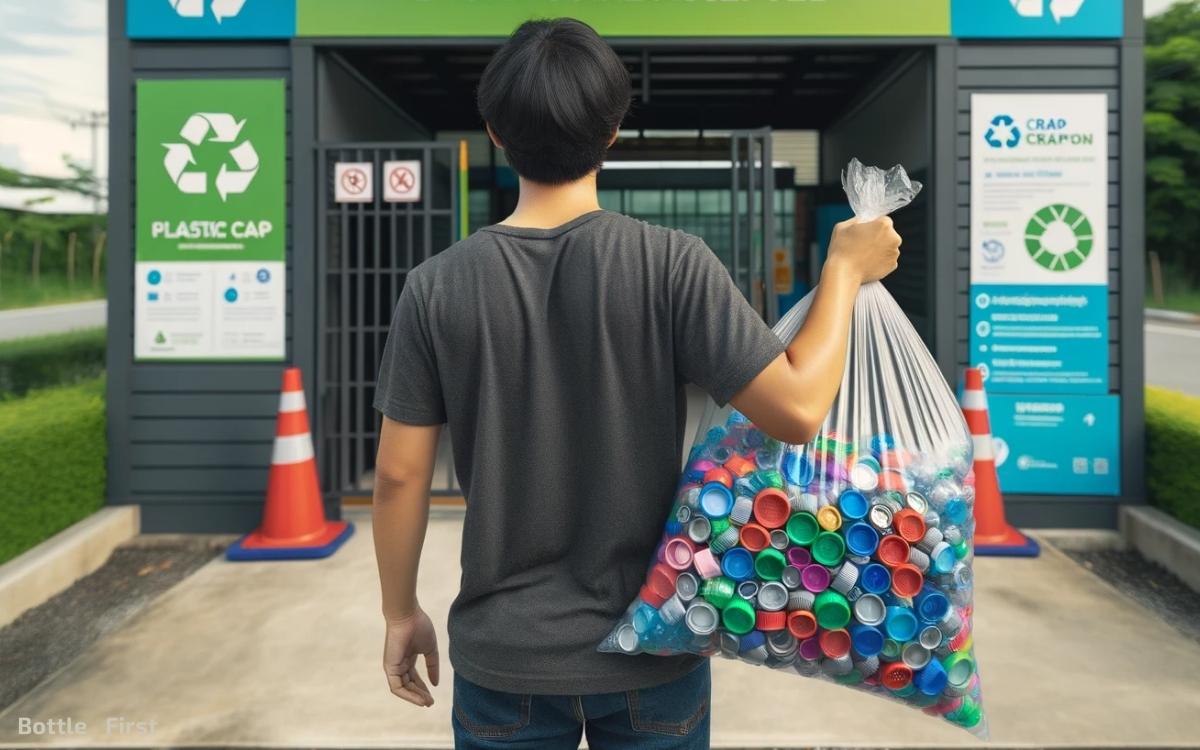
Key Takeaway
Local Recycling Centers
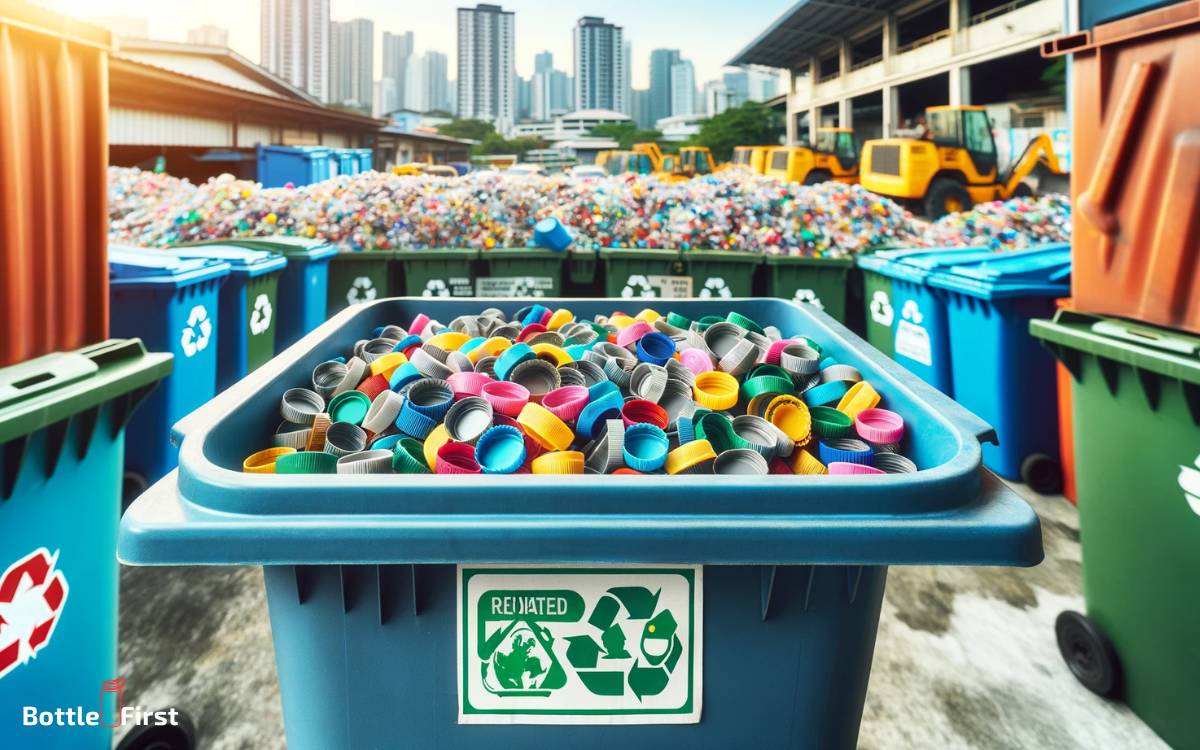
Local recycling centers’ acceptance of water bottle caps varies depending on their specific recycling policies.
As the demand for sustainable practices increases, some innovative recycling centers now accept plastic bottle caps.
These centers have adopted advanced sorting and processing technologies that allow them to efficiently recycle bottle caps, contributing to the reduction of plastic pollution.
Some centers may require the caps to be separated from the bottles, while others accept them together. It’s essential to check with the local recycling facilities for their specific requirements.
However, due to the varying policies, it’s advisable to consider alternative ways to donate bottle caps, such as through charitable organizations that specialize in upcycling or repurposing them for a good cause.
Charitable Organizations
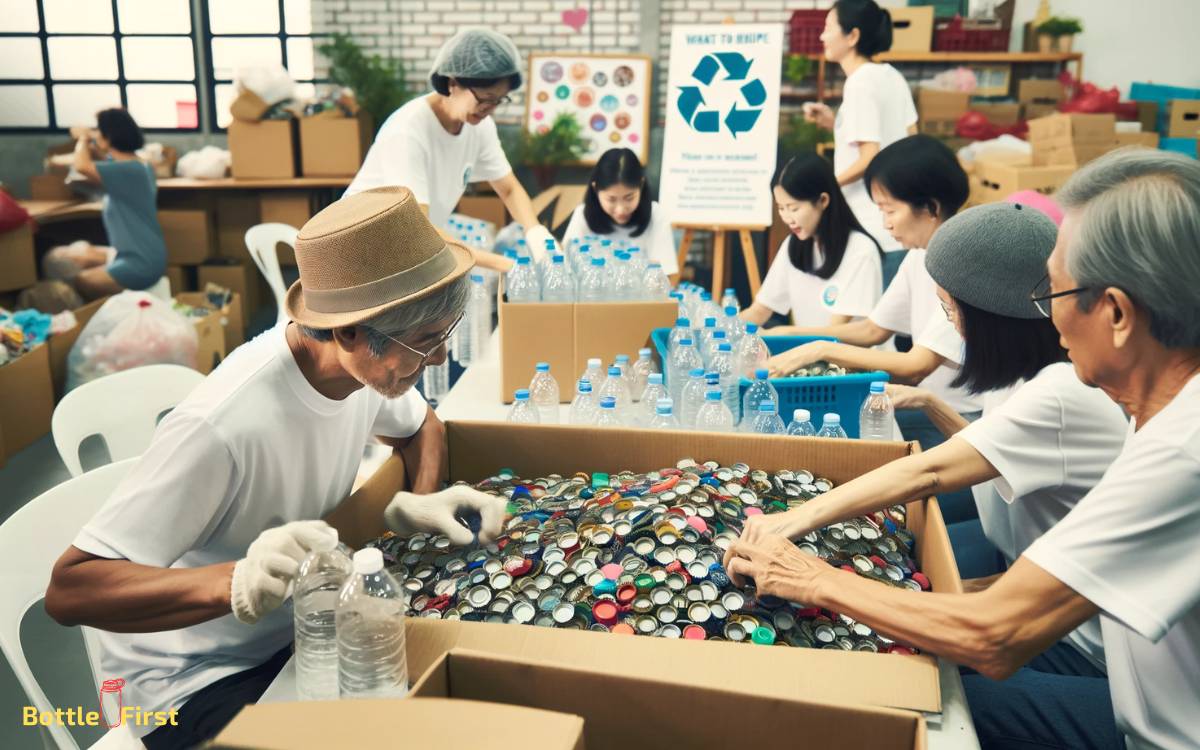
Charitable organizations play a crucial role in the recycling and repurposing of water bottle caps through various initiatives and programs.
They have spearheaded innovative campaigns to collect and recycle bottle caps, contributing to environmental sustainability and supporting charitable causes.
Some notable initiatives include:
- Caps of Love: This organization collects and recycles plastic bottle caps to purchase wheelchairs for children in need.
- Ronald McDonald House Charities: Some chapters collect clean and dry plastic caps to support their fundraising efforts.
- Aveda’s Caps Recycling Program: Aveda accepts caps from any brand of plastic bottle, repurposing them into new caps for their products.
- Preserve’s Gimme 5 Program: This initiative accepts #5 plastic caps and containers for recycling into new products.
These organizations have demonstrated the power of collective efforts in repurposing bottle caps for significant social and environmental impact.
Schools and Educational Programs

Educational institutions and programs also actively participate in the repurposing and recycling of water bottle caps, contributing to environmental sustainability and fostering a culture of responsible consumption.
Schools often organize cap collection drives, engaging students in hands-on environmental activities and teaching them about the importance of recycling.
Additionally, many educational programs incorporate cap recycling into their curriculum, promoting creativity and innovation through upcycling projects.
Certainly! Below is a standard table format outlining the benefits of cap recycling in schools.
This table lists potential benefits in several key areas:
| Benefit Category | Description |
|---|---|
| Environmental Impact | Reduces waste in landfills, conserves natural resources, and decreases greenhouse gas emissions by recycling plastic caps instead of producing new ones. |
| Educational Value | Educates students about sustainability, recycling processes, and environmental responsibility, fostering a culture of eco-consciousness within the school community. |
| Community Engagement | Encourages collaboration between students, teachers, and the wider community, promoting community-wide recycling efforts and environmental stewardship. |
| Cost Savings | Reduces the cost of waste management for schools by decreasing the volume of waste that needs to be disposed of, potentially leading to savings that can be redirected to other school needs. |
| Fundraising Opportunities | Some recycling programs offer monetary rewards for collected recyclables, providing schools with an opportunity to raise funds for school projects, clubs, or environmental initiatives. |
Art and Craft Centers

Art and craft centers have been actively incorporating cap recycling into their programs, fostering creativity and environmental awareness among participants.
Through innovative approaches, these centers are revolutionizing the way water bottle caps are being reused and repurposed.
Here are some exciting ways they are doing so:
- Hosting cap art workshops where participants create stunning artwork using recycled bottle caps.
- Incorporating caps into jewelry-making classes, turning everyday waste into beautiful accessories.
- Collaborating with local artists to create large-scale installations using thousands of donated bottle caps.
- Organizing cap recycling competitions to encourage friendly competition and community involvement.
These initiatives not only promote sustainability but also inspire individuals to think creatively about waste.
Environmental Activist Groups
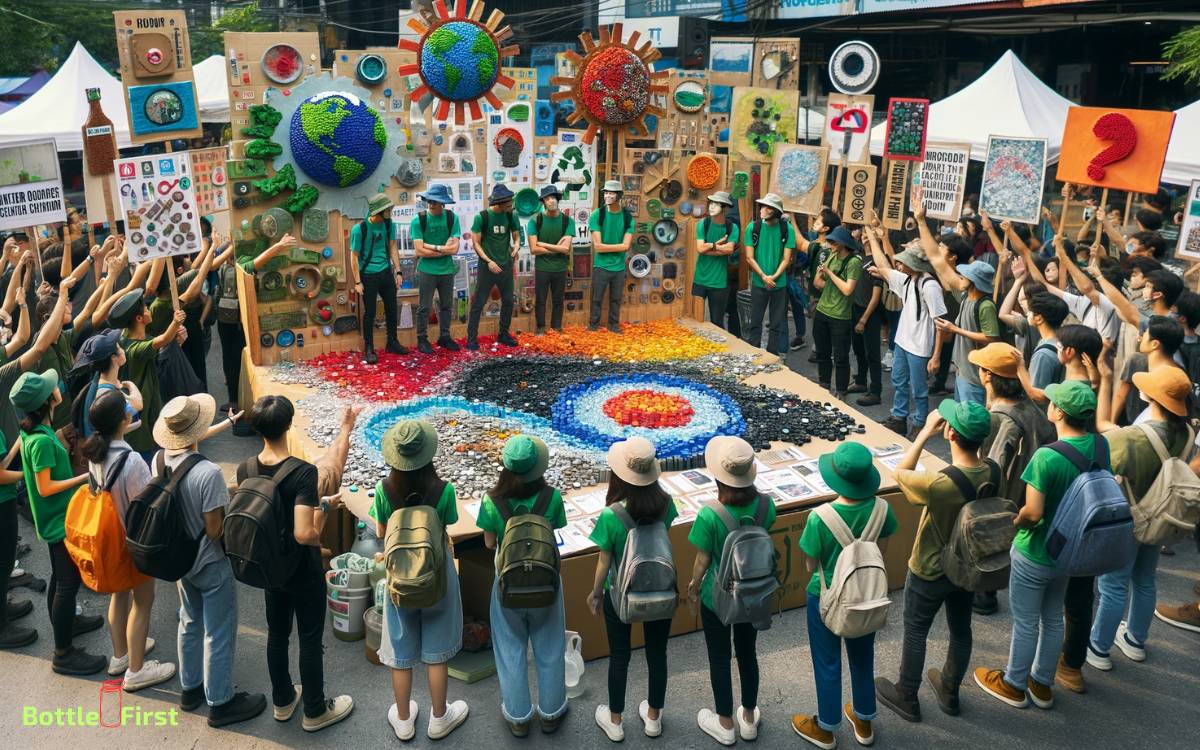
The involvement of environmental activist groups in the reuse and recycling of water bottle caps has significantly amplified awareness and action towards sustainable practices.
These groups play a pivotal role in advocating for proper disposal methods and promoting the upcycling of bottle caps to reduce environmental pollution.
Here are a few prominent environmental activist groups involved in such initiatives:
| Environmental Activist Groups | Description |
|---|---|
| Earth Day Network | A global organization that coordinates environmental action and mobilizes people to address environmental issues. |
| Sierra Club | One of the largest and most influential grassroots environmental organizations in the United States, dedicated to preserving and protecting the natural environment. |
| Greenpeace | Known for its direct actions, lobbying, and research to achieve environmental goals, including advocating for sustainable waste management. |
| 350.org | Focuses on building a global grassroots movement to address the climate crisis and promote sustainability. |
| Surfrider Foundation | A community of everyday people who passionately protect the ocean, waves, and beaches. |
Conclusion
It is important to consider the various options for donating water bottle caps. This includes local recycling centers, charitable organizations, schools and educational programs, art and craft centers, and environmental activist groups.
By doing so, individuals can contribute to the promotion of sustainability and environmental awareness. This ultimately makes a positive impact on the community and the world at large.
This act of generosity echoes the sentiment of the proverb ‘it takes a village to raise a child.’



